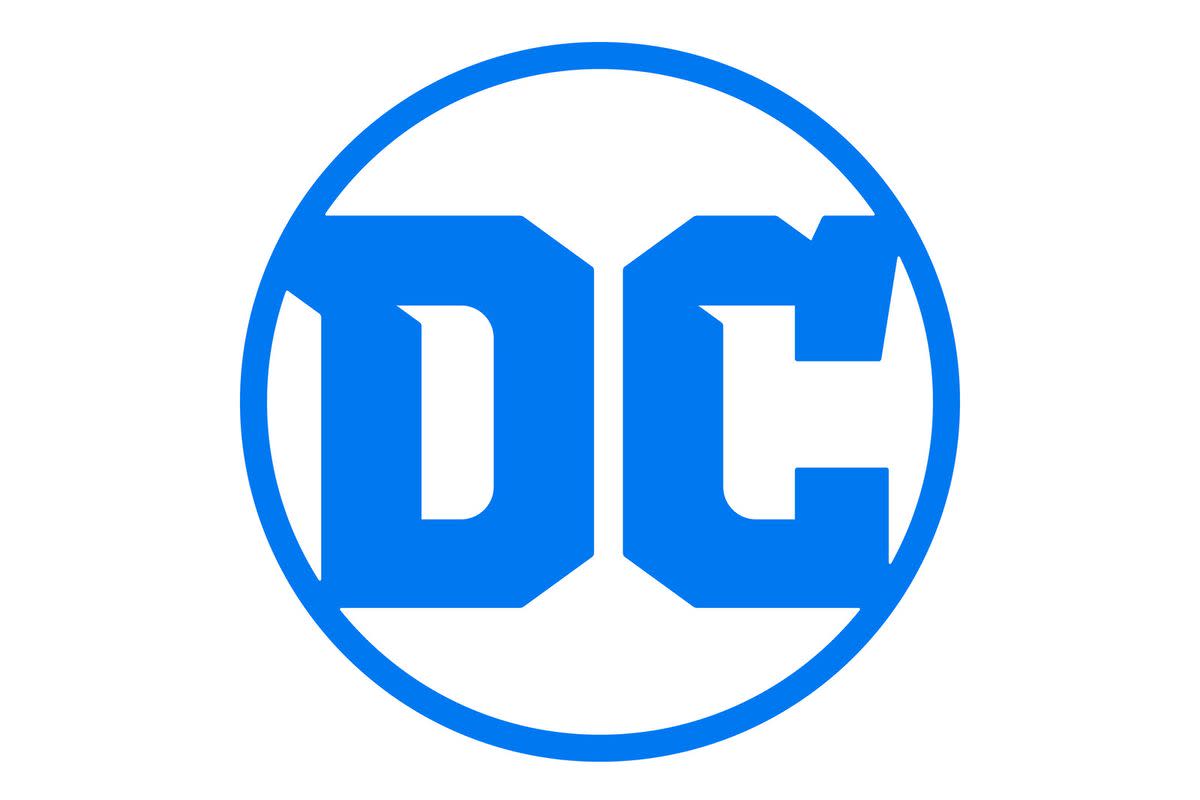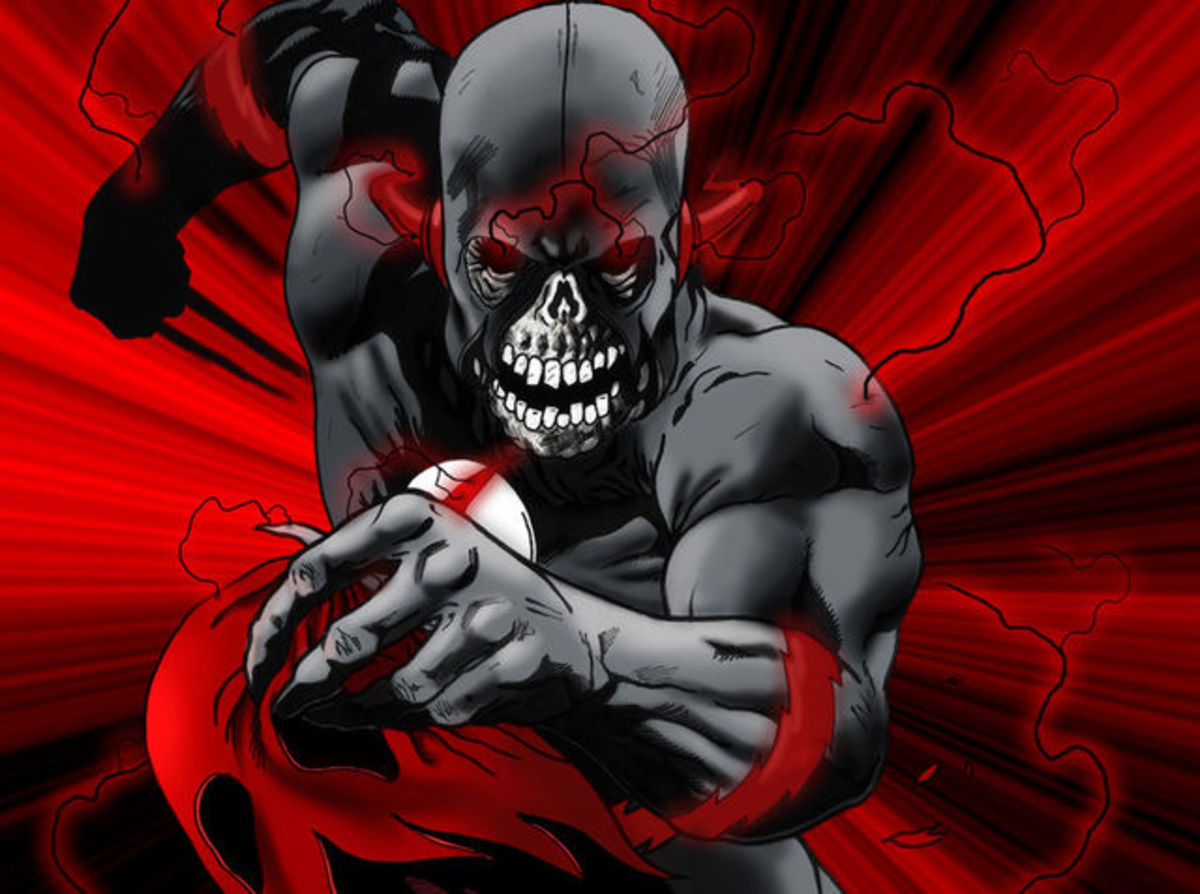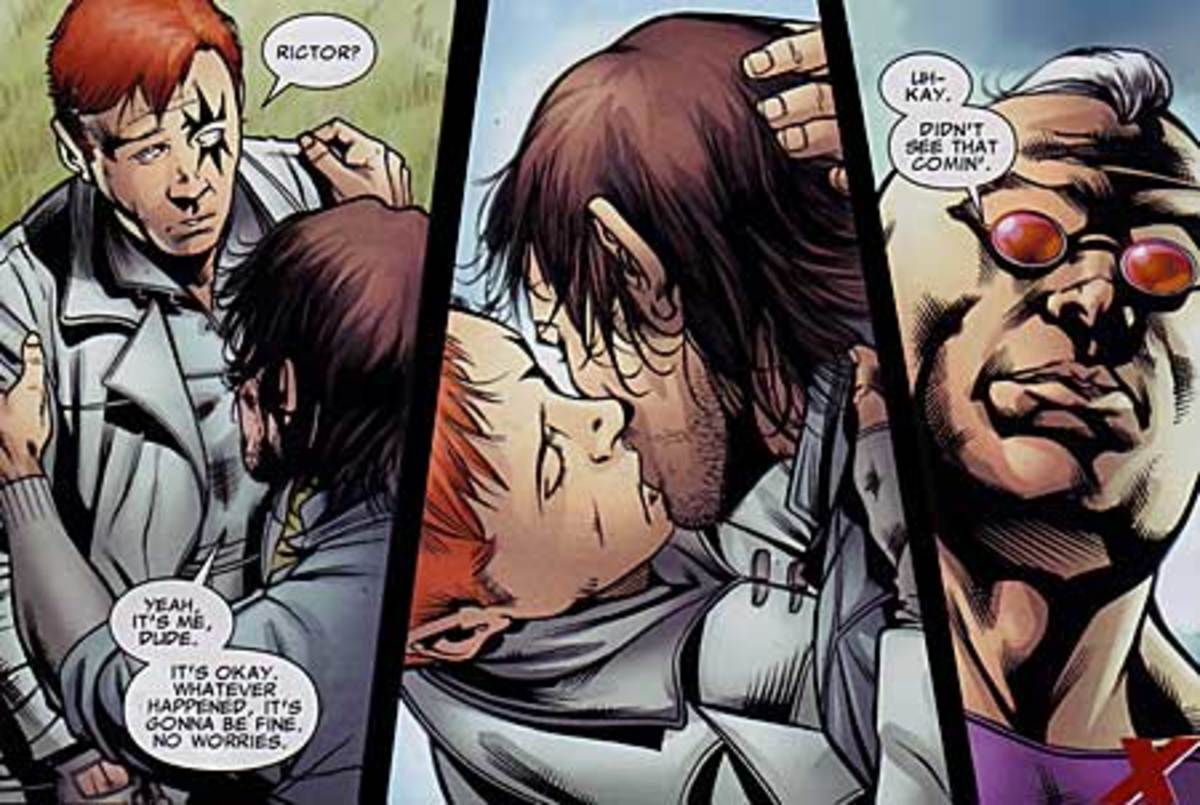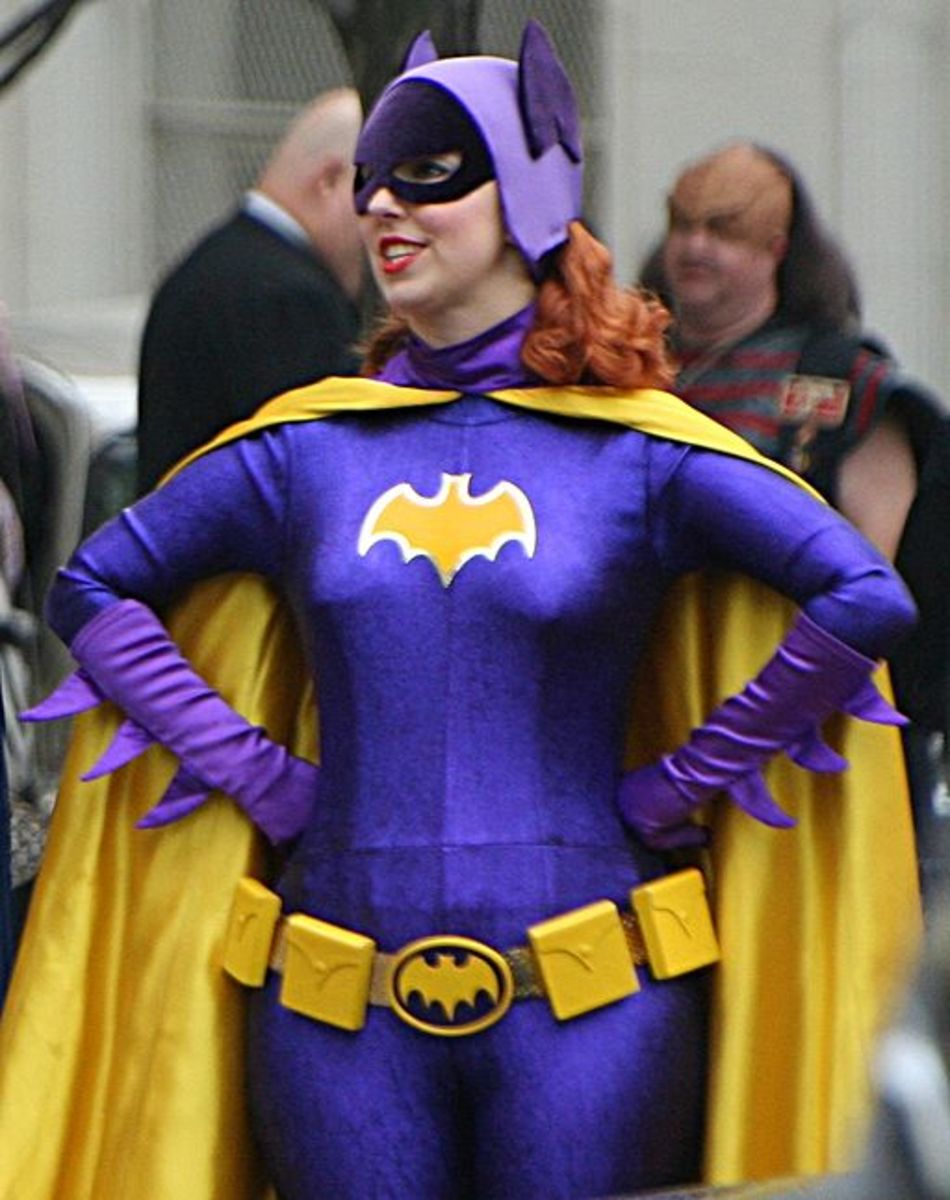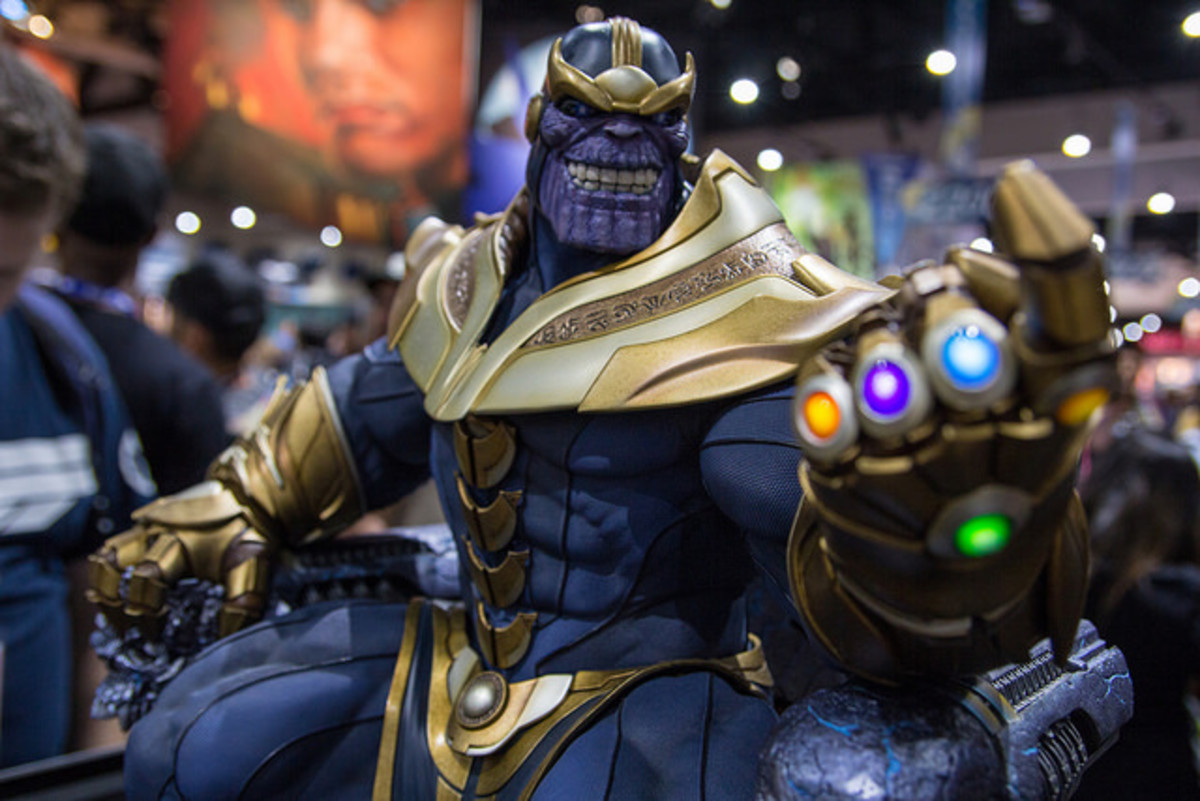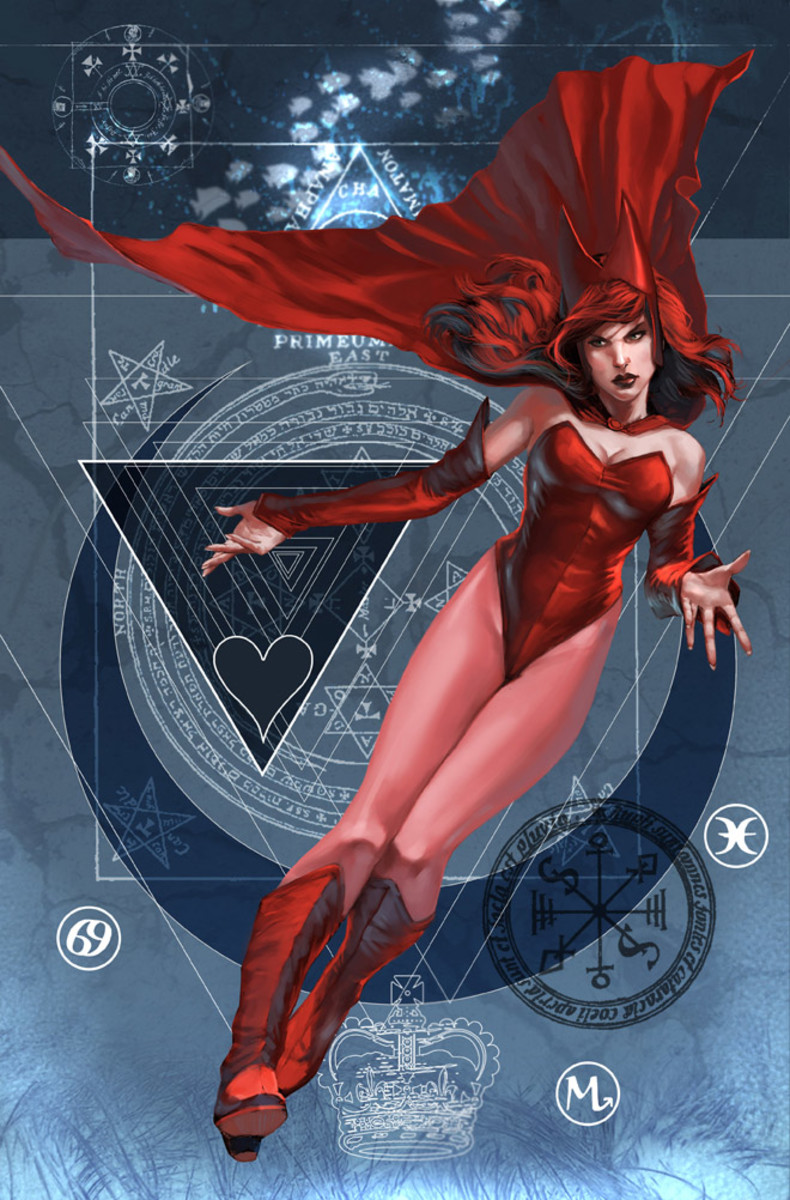Comic Book Inconsistencies
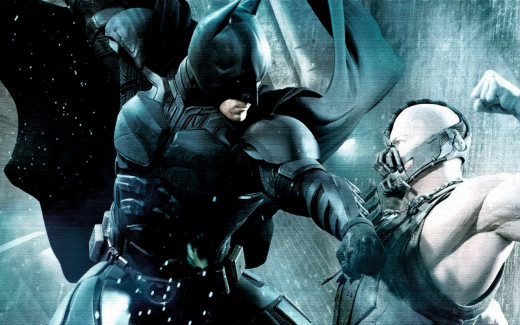
Anyone who has read comics for a period of years will recognize and be flummoxed by the various writer's inconsistencies with truths we (as the faithful audience) had considered enviable.
First of all we have to consider the enormous task of being proficient in the DC/Marvel encyclopedias -- which must be a requirement for any new writer for these giant publications. This is basically an impossible task. Even the most minor characters continually undergo change.
For example, who would have guessed that Jane Grey (from the X-Men) would turn into the Phoenix?
Who would have guessed that members of the Justice Society of America would be fit enough to occasionally show up in super-battles, alongside the JLA?
Who would ever imagine that Superman would die but come back no worse for wear?
Who would imagine that Peter Parker would be wed to Mary Jane?
Who would guess that Aquaman would lose his hand and require a hook?
Who would guess that Hal Jordan would be replaced as Earth's protector a couple of times?
Like the writers of other periodicals, comic book writers must continually dig for new, unexpected ways of presenting (some would say exploiting) their characters. They are torn between presenting their characters in a consistent light and, at the same time, in unexpected frames.
If you are an aged follower of comics, you'll realize that all of this is par for the course -- whether embraced or not. For newer readers the inconsistency can be nothing but aggravating.
Sadly, the readers are a mere component in the comic book buying and selling cycle. The writers can only hope that a major shift in character or plot will be accepted by its readership. Some die-hard fans will throw in the towel, simply having had enough of the 90 degree turn of good/bad luck in which their favorite characters find themselves.
Heaven forbid that you are both a DC and Marvel character follower, as the monthly cost will be astronomical. Add in a few independent comics, and you've probably spent well over $100.00 per month exclusively on comic books. In my heyday, I was spending closer to $200.00 per month. Now, the walls of my apartment are reinforced with boxes and boxes of comics. How can I remember inconsistencies when I don't even remember the comics that fill each box? If nothing else I'll be satisfactorily insulated from any radioactive breeze. Scientists say that paper is one of he best insulations.
But, I do remember that the comic book writers had a penchant for pulling rabbits out of a hat. A character might be saved or destroyed based on some unknown force of physics. I always considered those cheap shots.
To keep Superman interesting, DC had to invent red, blue and other colors of kryptonite. It never mattered that Krypton was possibly galaxies away, yet all of its debris landed her on Earth. Talk about stretching things.
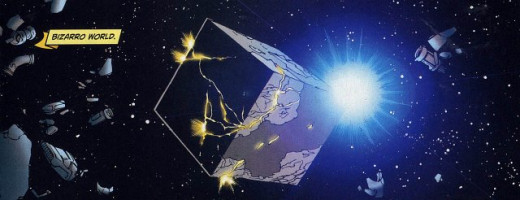
DC even created a square Bizzaro world, a Supergirl, a Krypto, and what was the cat's name? If that weren't enough we had the entire city of Kandor basically imprisoned inside what looks like a a bottle of purified wate.
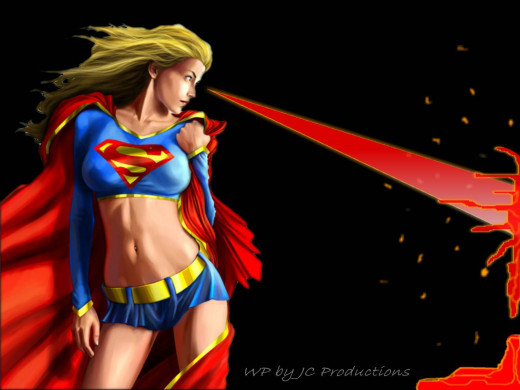
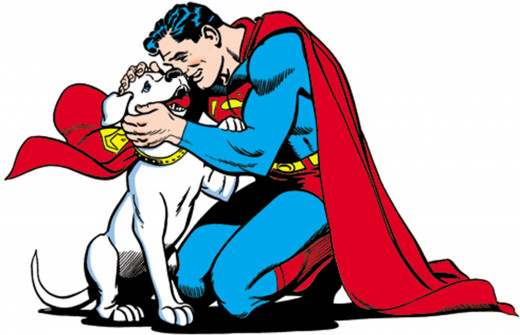
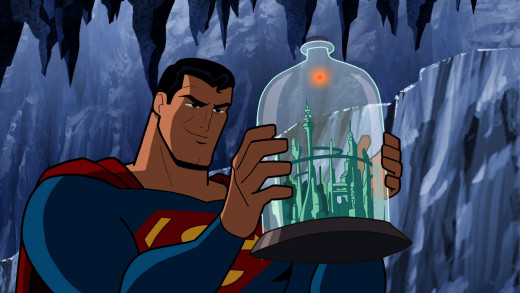
It wasn't enough to just invent it, the writers had to send Superman and Batman inside (under other names) to fight for the cause of justice.
The death of Superman saga was the lowest point for comics, and, thereafter, I started reading a lot of independent stuff. DC's pull for new readers had gone beyond the pale.
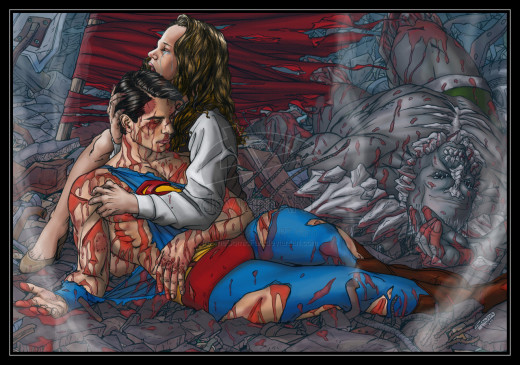
We witnessed Bane break Batman's spine. My first reaction was wha... How could the Dark Knight allow himself to be put in such a position? The obvious answer is -- he wouldn't. All that Batman had to do was yank off Bane's addictive face mask (worse than nicotine, I think), and that would be that.
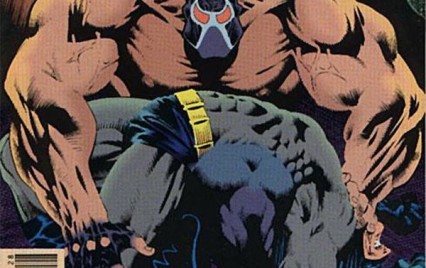
But some editor at DC decided it was time for Batman to be incapacitated...at least for a while. Herein you have the discontinuity and clumsiness of the writers and editors. The Batman within whom I placed my trust would never find himself in such an uncompromising position in the first place. Batman was a character of the shadows, coming forth to deliver a knock-out blow, retreating when the forces were too overwhelming. He was as much magician as expert fighter. The early writers respected this and didn't place Batman in uncompromising positions.
Integrity?
Well, yeah, sure, the whole objective is to sell more copies, but I have to ask: at what price should we (as the readership) and the publisher stretch the integrity of the characters and consistency of their universe?
The other question is just how much respect does DC/Marvel have toward its readership? The more stunts they pull, the more I imagine fans just pulling the plug on this entertaining but increasingly expensive form of diversion.

